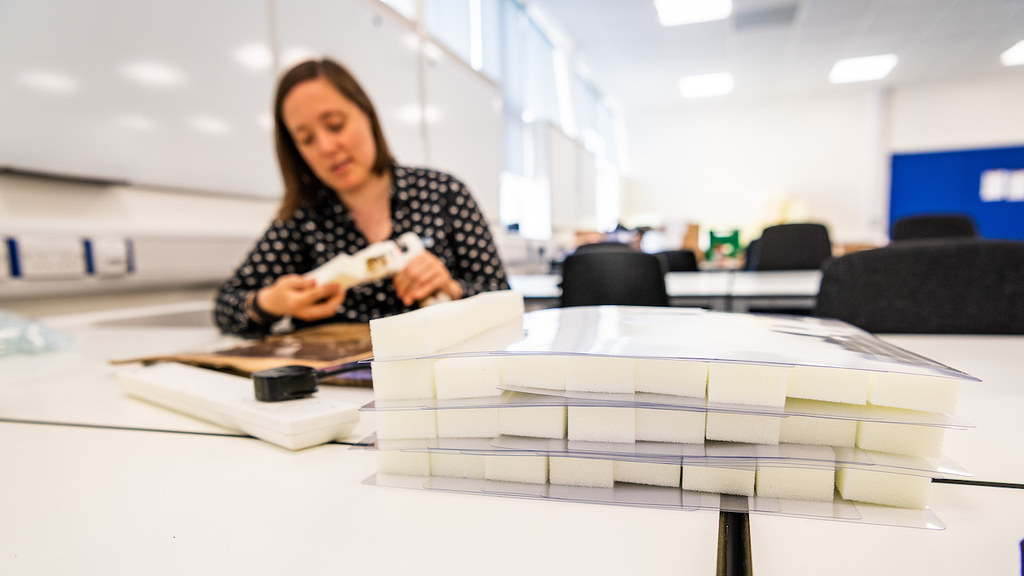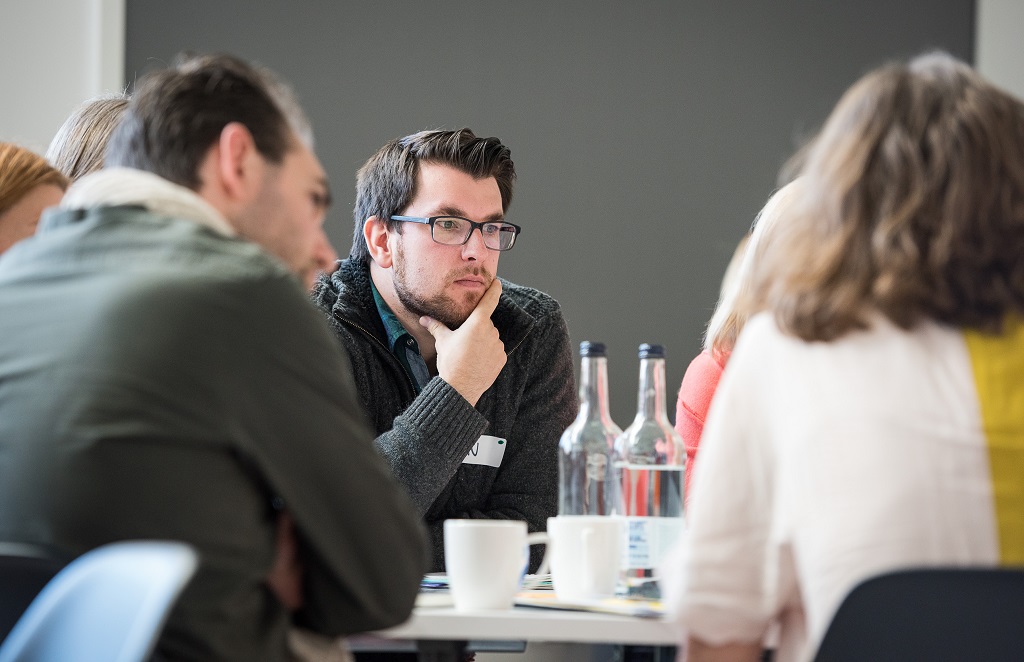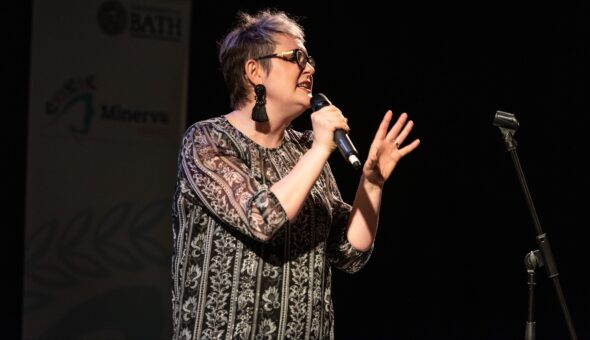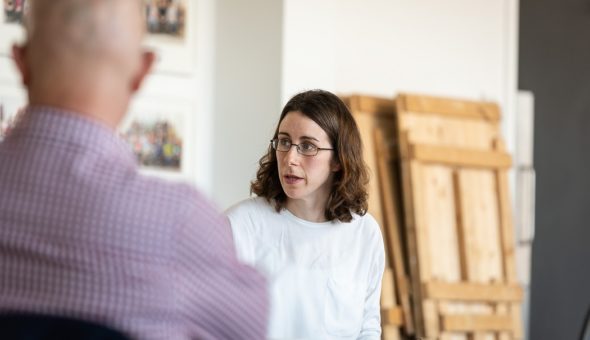Over the last 12 months, the Public Engagement Unit has led the project to develop the University of Bath's Civic University Agreement. The project officially kicked off back in summer 2020. In our last blog, we outlined how the University's response to the COVID-19 emergency has proven a catalyst for a reassessment for how we, as an institution, engage locally. As we are about to begin a new phase of our project, I thought now would be an excellent opportunity to share some of our learning from the project so far.
A timely intervention
The Truly Civic report and the concept of a Civic University Agreement (CUA) have served as a timely, sector-wide intervention for us at the University for a couple of reasons. Firstly, it reflected senior management's desire to develop strong local relationships to deliver our strategic ambitions and make positive contributions to our region. Secondly, the commitment at the heart of a CUA to local and civic engagement mirrored staff's and students' responses to an internal consultation which found strong support for the University to improve its work locally.
Learning by doing

We are using an action-research approach, whereby we use live examples of civic work to develop our understanding, identify mobilisers and barriers, and expose gaps in practice. The University's large-scale response to the COVID-19 emergency was the inspiration behind adopting this approach. The crisis required the University to respond to local needs rapidly and immediately. What can we learn from this to change how the University operates?
We've taken a project-based structure to develop the CUA with a team of people working to manage the development and delivery of the agreement from the Community Engagement and Public Engagement teams. Alongside the Project Team, we have an Advisory Group, chaired by our Deputy Vice-Chancellor, with representatives from all parts of the University, and Working Groups who are delivering pieces of work that act as case studies to inform our understanding of what it means to be civic at the University of Bath.
Seeking permission
In the run-up to the project going live, there were several months where a series of papers went to the University Executive Board as we developed our understanding of how to deliver the Vice-Chancellor's vision for the University to be a positive contributor to the region. These papers presented key pieces of work that informed our thinking (for example, the results of a listening exercise we conducted in the summer of 2019) and a draft Local Engagement Strategy. We continuously sought permission from the University Executive Board to keep progressing towards developing a CUA through this process.
Working at an interface

The formal CUA project started with some internal work – identifying our strengths in the context of our regional needs, identifying which organisations we would like partners with for the CUA, mapping existing work, and revealing gaps in current activity. The CUA team are working at the interface between internal work and external work. Internally, we facilitate the conversation, understanding what is happening, raise issues and pilot new work. While our external work involves continuing to work with partners, listening and bringing their voice and the regional context into our internal discussions.
Experience of culture change
We are approaching this work based on our previous culture change work with the RCUK (now UKRI) funded Engaged360@Bath (2012-2015) project; where we worked to create a positive culture of public engagement with research. That work showed that certain conditions were likely to help us move purposefully in the right direction. These include:
- The need for leadership from the top, combined with staff and student appetite and existing work.
- A project structure with senior sponsorship and input from all stakeholder groups across the University.
- Taking a reflective approach, based on activities, to learn with and through our colleagues.
- Being responsive as new ideas emerge but ensuring the core idea doesn’t get lost.
- Telling clear, compelling, and honest accounts of our work.
- Allowing the final result to emerge from the work, instead of having a tightly defined endpoint.
Having been through a culture change process previously, we're drawing on that experience and the skills we needed and developed then for this work. For example:
- Leadership – we are holding the agenda for the University. In doing this, we keep ourselves informed of excellence across the sector and provide information to help the Advisory Group and others to make well-informed decisions.
- Facilitation - there are many stakeholders in this work, and we facilitate interactions to ensure that everyone has their say and their contribution is heard and recognised. Conclusions are drawn which are acceptable to everyone.
- Creating conditions – it is impossible to predict precisely what our CUA will look like. The Project Team create the conditions for the civic activity to thrive. We are analysing current activity and introduce pilot work, through this we'll be able to see what the enablers and barriers are. In doing this, we can encourage more of the enablers whilst reducing the barriers.
- Communication – we celebrate outstanding examples of civic activity. Raising the profile in this way allows others to see what is meant by civic activity so they can follow suit. We also tell stories about what we are doing and why. We are open about this being an emergent process where definitions and ideas will change. We encourage people to come with us on the journey. We use blogs, case studies, and formal documentation to ensure people are up to date.
What have we learned so far?
With insight from the Engaged360@Bath project, the work is progressing as we would expect:
- It's taking time.
- It's not progressing in a straight line.
- There are lots of competing issues to navigate.
- Having an existing appetite at all levels across the University is proving to be a significant mobiliser.
The most significant difference between our previous change work and this current project is working in partnership with other institutions and understanding their priorities and needs.
Next steps
In our project plan, we'd intended to start working with our external partners about now. However, as the COVID-19 emergency has taken another unfortunate turn for the worse, many of our proposed partners are busy working to deliver vital services. So we've taken this as an opportunity to reflect on some internal-facing policies and practices that do or could have the potential to generate social, economic, cultural or environmental impact. When the time is right, we'll return to approach and involve our partners in the project.
Helen Featherstone is Head of Public Engagement at the University of Bath.
Respond



